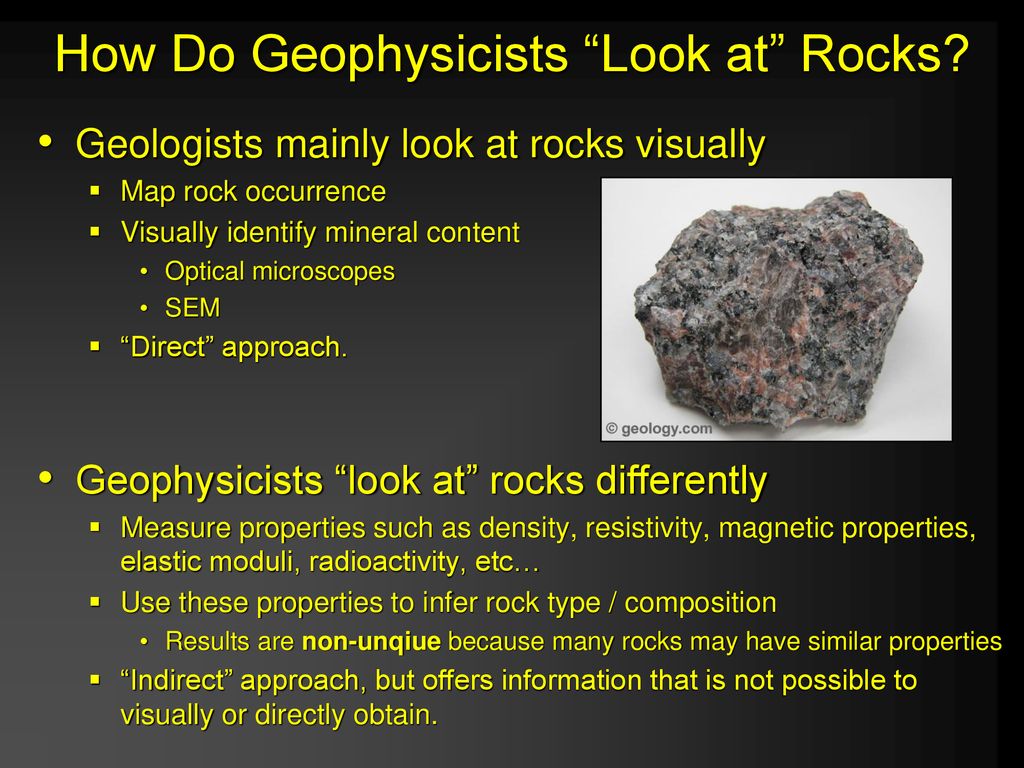All Categories
Featured
Table of Contents
Average Geophysicist Salary in Claremont Oz 2021
This work is increasingly contracted out, so consultancies provide another source of work. Consultancy firms vary in size, from really little companies to big multinationals. Some consultancies are rather specialised in utilizing specific geophysical techniques or working in particular locations, while others offer a more varied variety of services to their customers.
The extraction of gas from landfill websites is another area of work and this may grow in the future. Exploration business might undertake work for construction firms, public utility, mining business and ecological companies, so geophysicists might be employed in any of these settings. Other employers consist of: geological surveysgovernment bodies and agenciesuniversities and research institutes.


Vacancies may be listed in the oil and gas sector press. Recruitment is affected by oil cost variations and the level of competition for positions differs depending on this. Careers Days, which cover the complete variety of geoscience careers and are normally gone to by a number of crucial industry employers, are run by The Geological Society.
Bachelor's Degree In Geophysics - Degrees & Programs in Joondalup WA 2023
A few of the large oil and gas business use a complete two-year structured training program across the breadth of geophysics, consisting of the opportunity to experience work in numerous teams prior to specialising in one location. Your training may include deal with: existing wellsmagnetic and gravitational prospective field data analysisresearchrock analysis. However, it's more normal for your initial training to be offered on the task.

There may be a probationary period during which you work together with an experienced colleague. Competency-based appraisals occur frequently in most firms. In smaller companies, and for academic posts, there is unlikely to be any formal training - you'll be expected to start work straightaway and get skills as you go along.
If you work for a smaller sized company, you may discover that you need to take responsibility for setting up and funding your own advancement and training. If you have a geology degree, subscription of The Geological Society can be useful for networking and for keeping up to date with the industry.
Definition: Geophysical Survey in Innaloo Aus 2022
You may also find it useful to sign up with the PESGB (The Petroleum Expedition Society of Great Britain, which has a geophysics special interest group. After a probationary duration, and as soon as you have actually acquired some experience, you might progress to senior geophysicist, then group leader and then into a senior role in management.
The ease of motion between roles depends upon the company structure. Study at Masters or Ph, D level in a subject related to geophysics or geosciences might aid with your career development and progression. The work market within the oil and gas market is really dependent on cost and this might impact your opportunities for profession development.
Not all tasks are dependent on the oil and gas markets. For knowledgeable geophysicists, freelance consultancy offers a great route for career advancement. You can also specialise in a particular area of geophysics. As a geophysicist, you're most likely to have a number of jobs throughout your working life. Worldwide movement is important for handling peaks and troughs in different countries at various times.
Exploration Geophysicist: Occupations In Alberta in Perth Aus 2020
From geophysics, it's possible to focus on seismology (completing further training to end up being a seismic interpreter) or to move into related areas such as engineering geology or hazard prediction.
Choosing what to study in college is a hard choice. Even if you understand that your field of interest lies in science, what program of research study is ideal for you? If you make the decision to major in physical and life sciences and pursue a profession as a geophysicist, you're preparing for an amazing and rewarding profession.
The first action to attaining your objective of ending up being a geophysicist is making a degree. Even for entry-level positions in the field of geoscience, you'll require a bachelor's degree (a geophysicist college degree) from an accredited college or university. Geophysicists must be able to: analyze rocks, pictures, and other pieces of data perform research study both in the field and in laboratories create maps and charts of their findings compose reports To accomplish all this, students need a specialized education for geophysicist careers.
As specified above, you'll require a bachelor's degree in geoscience or a related discipline, such as a physical science or a natural science, to land an entry-level task. Students can likewise prepare by majoring in subjects like: Biology Chemistry Computer science Engineering Mathematics Physics The above geophysicist majors provide a more generalized method to a single clinical discipline, however a lot of programs need students to take one or more geology course.
Latest Posts
How To Become A Geophysicist in Dalkeith WA 2022
What Is The Best Degree Path For Becoming A Geophysicist? in Floreat WA 2023
Marine Geology And Geophysics in Rivervale Western Australia 2022